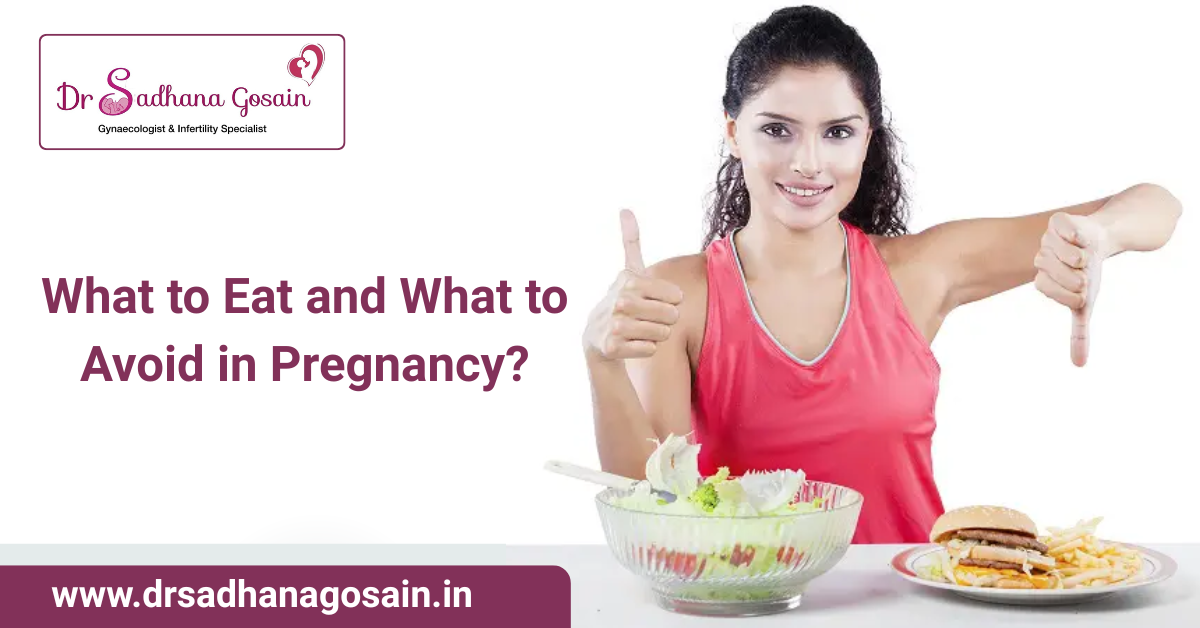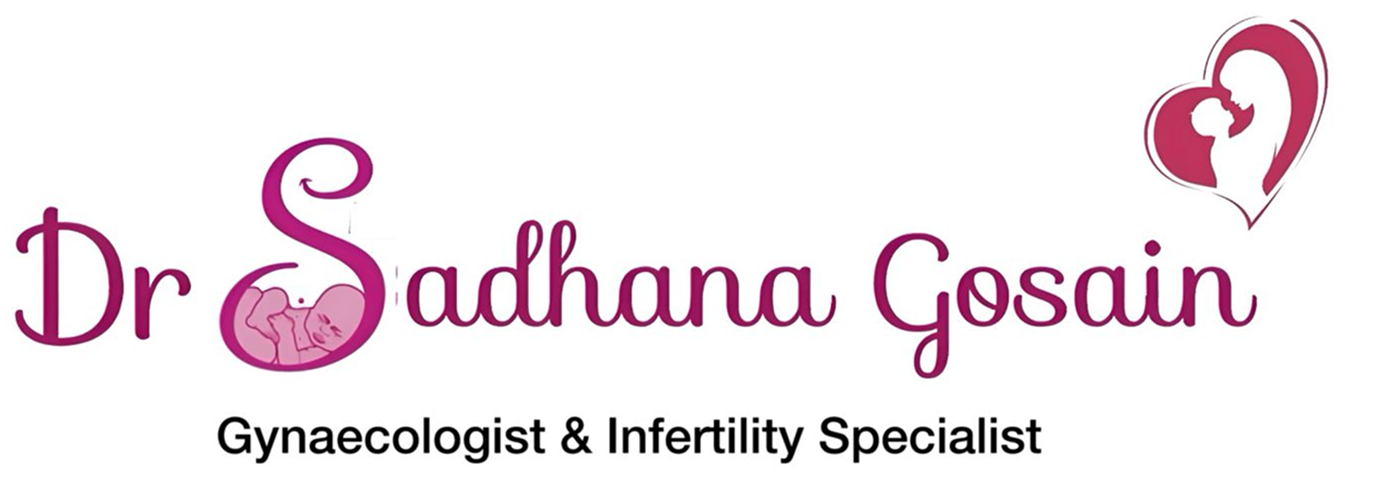
What to Eat and What to Avoid in Pregnancy?

What to Eat and What to Avoid in Pregnancy: Pregnancy is one of the most important and transformative phases in a woman’s life. During this time, every bite of food matters—not just for your own health but also for the development and well-being of your baby. That’s why it’s crucial to know what to eat and what to avoid in pregnancy.
Many mothers-to-be are confused by the flood of information on the internet. Some say “eat more,” while others say “eat smart.” In reality, the goal is balanced, nutritious, and safe eating.
Let’s break down the essential foods to include and avoid during pregnancy to help you make informed decisions.
Why Diet is Crucial During Pregnancy?
Your baby depends on you for all nutrients. A poor diet can lead to:
-
Low birth weight
-
Developmental issues
-
Pregnancy complications like gestational diabetes or high blood pressure
On the other hand, a well-balanced diet supports:
-
Baby’s brain and organ development
-
Healthy weight gain for the mother
-
Strong immunity and reduced fatigue
If you’re unsure about your nutritional needs, it’s always best to consult a Gynecologist in Delhi to get personalized dietary advice.
What to Eat and What to Avoid in Pregnancy
What to Eat in Pregnancy?
1. Whole Grains
Whole grains like brown rice, oats, and whole wheat bread provide complex carbohydrates and are rich in fiber. They help in controlling blood sugar and avoiding constipation—a common pregnancy issue.
Tip: Include multigrain chapatis or oat porridge in your daily meals.
2. Fruits and Vegetables
Aim for 5 servings a day. They’re full of essential vitamins, antioxidants, and fiber.
-
Oranges and guavas: High in Vitamin C
-
Bananas: Great for potassium and energy
-
Leafy greens like spinach: Rich in folic acid and iron
These help prevent birth defects and support the placenta.
3. Protein-Rich Foods
Proteins are the building blocks of cells. Include:
-
Eggs: Rich in protein and choline for brain development
-
Lentils and legumes: Good plant-based protein
-
Chicken and fish: Lean meats are excellent protein sources
Note: Choose well-cooked meats to avoid any bacterial infections.
4. Dairy Products
Milk, curd, and paneer are great sources of calcium and vitamin D. These support baby’s bone growth and help in developing strong teeth and muscles.
Go for pasteurized, low-fat options if you’re watching your weight.
5. Healthy Fats
Not all fats are bad. Omega-3 fatty acids, found in walnuts, flaxseeds, and fish like salmon, are crucial for your baby’s brain and eye development.
What to Avoid in Pregnancy?
Knowing what to avoid in pregnancy is as important as knowing what to eat. Some foods can harm the baby or cause complications.
1. Raw or Undercooked Meat and Eggs
These can contain salmonella or listeria, which are harmful bacteria. Always eat properly cooked meat and eggs.
2. Unpasteurized Dairy Products
These might carry bacteria that can lead to food poisoning. Stick to pasteurized milk, cheese, and yogurt.
3. High Mercury Fish
Fish like shark, swordfish, and king mackerel contain high levels of mercury that can damage the baby’s developing brain and nervous system.
Better alternatives: Salmon, sardines, and catfish (2 servings/week max).
4. Caffeine in Excess
Limit your caffeine intake to 200 mg/day (about 1 cup of coffee). Too much caffeine can lead to miscarriage or low birth weight.
5. Alcohol
No amount of alcohol is considered safe during pregnancy. It can lead to fetal alcohol syndrome, which causes growth problems and brain damage.
6. Processed and Junk Foods
They may be tempting, but are often full of sugar, sodium, and unhealthy fats. They offer zero nutrition and lead to unnecessary weight gain and increased risk of gestational diabetes.
View this post on Instagram
Common Questions About Pregnancy Diet
Can I Eat Spicy Food During Pregnancy?
In moderation, yes. But too much spice can lead to heartburn or indigestion, especially in the third trimester.
Is It Safe to Eat Street Food or Restaurant Food?
It’s best to avoid unhygienic street food. If you’re eating out, choose well-cooked and freshly made dishes from clean places. Again, consult a trusted Gynecologist in Delhi to understand what’s safe for your case.
Should I Take Supplements?
Folic acid, iron, and calcium are often prescribed. But these should be taken only after consulting your gynecologist.
Final Thoughts – What to Eat and What to Avoid in Pregnancy
Understanding what to eat and what to avoid in pregnancy can make a huge difference in your journey to motherhood. A balanced diet that includes whole grains, fruits, lean proteins, and dairy ensures that both you and your baby stay healthy and strong.
Avoid raw, undercooked, or heavily processed foods to reduce any risks. And remember, no two pregnancies are the same. If you ever feel unsure about a food or symptom, don’t hesitate to consult a qualified Gynecologist in Delhi like Dr. Sadhana Gosain for expert advice.
Pregnancy is not the time to “eat for two” — it’s the time to eat smart for two. Make conscious food choices, stay active, and embrace the beautiful journey ahead.
Also Read:

